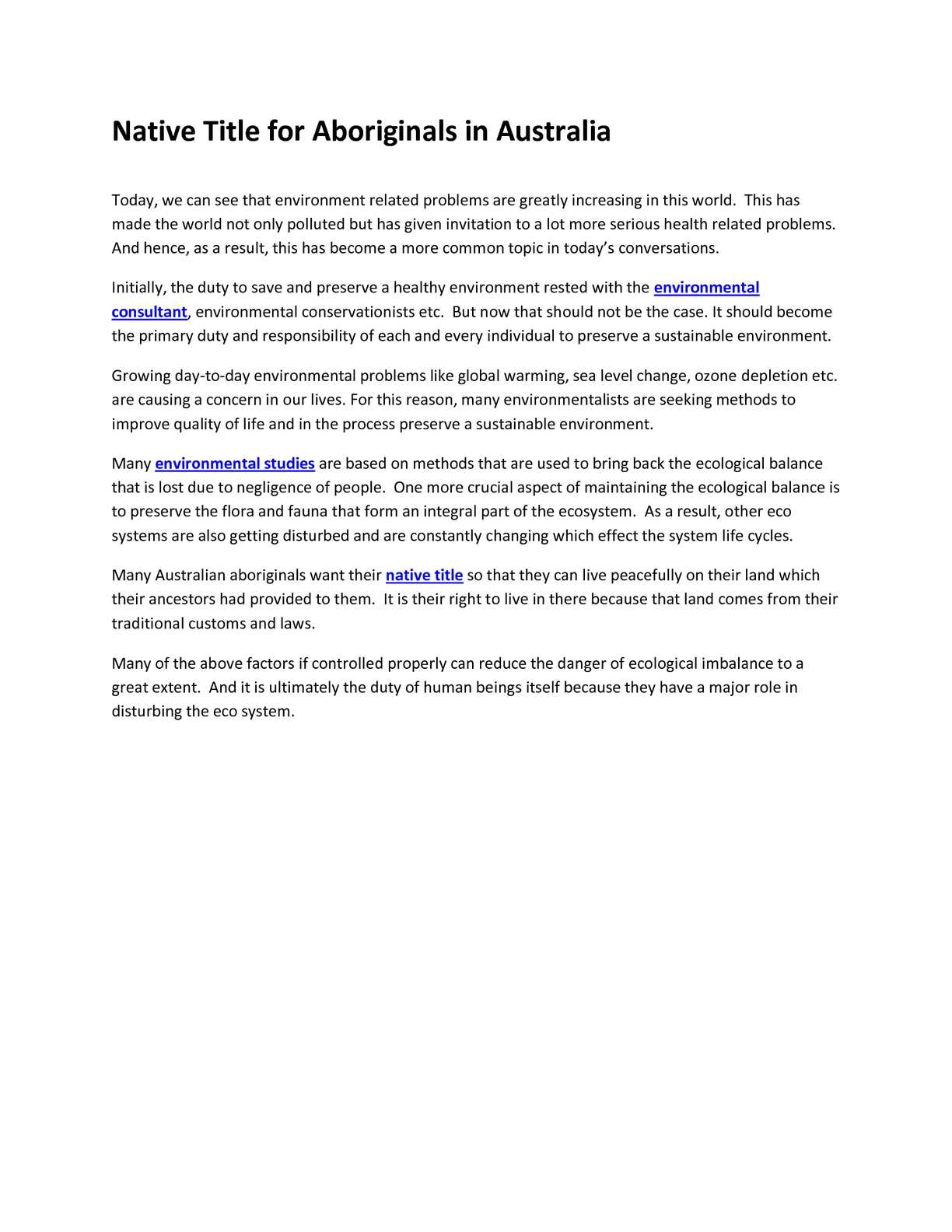
Before you consider launching your own financial consulting firm you need to decide on the business structure that you prefer. You can be a sole proprietor, partnership, limited liability company, or corporation. The best way to protect yourself from personal liability is to choose a legal structure. You can set up an LLC by using the Best LLC Service.
Cost of financial consulting
Global Financial Consulting's market value is USD X.Xmil by 2026. This represents a CAGR rate of X.X%. The report examines the overall market, including growth factors, competitive landscape and consumption patterns. It also provides information about the most prominent providers. It also covers the macroeconomic environment as well as the COVID-19 epidemic, which is expected negatively to affect the market. The report also provides data on the financial consultancy market by type, applicaiton, and region.
While some planners charge an hourly fee for their services, others bill clients per project. For a year of planning services, some fee structures allow financial planners to charge an hourly rate of $2,500. They may also offer full-service portfolio administration, but some only bill for 1 time. You can also get investment advice from hourly-rate planners. Be aware of these fees when you are considering hiring a financial professional.

Partner with clients to design individualized financial plans
Financial planning is the process of wisely managing one's money and achieving a desired outcome. Financial advisors aid clients in setting and reaching their financial goals. This involves analyzing their current financial situation, identifying the objectives, creating a plan that suits them, and keeping track of progress. A financial planning firm, like K.W. Gutshall & Associates can help clients meet their financial goals using individualized financial planning. They work closely alongside clients to ensure that their financial plans are on target and make the most of available resource.
Remember that each client is different. For example, cultural norms and expectations may impact the plan. A plan's past experience can also have an influence on it. Individualized financial planning can be trusted more by clients. Listen to your clients and consider their values when creating your plan. These factors will make your clients' lives easier and more comfortable.
Financial consultants pay scale
There are many pay options for financial consultants. Entry-level positions can earn up $26,000 annually. Financial Consultants who are in the middle earn between $106,689- $268,807 annually. Top earners earn upwards of $51,500 per year. These figures can be influenced by many factors, including the location and years of work experience. Below is a list containing common salaries for Financial Advisors in different areas.
Assets leave the Financial Consultant's practice are accounted for in the calculation of Solutions Pay. These assets are then netted against the assets they brought into their practice. Then, the Consultant's pay rate is calculated. The rate can vary from 4.4 to 14 basis point per $100,000 client loan balance. Therefore, the average Financial Consultant earns approximately $44 per $100,000 loan balance. The Financial Consultant can make up to $60,000 per calendar year if the investment account balance is $1,000,000

Financial consultants must be ethical
There are many ethical questions surrounding financial advisers. Traditional ethics recognize that conflict of interests can happen in two ways. It is when an advisor puts his or her own interests ahead of the client's. These conflicts are rarely mutually beneficial. If advisers were truly ethical, they would never put their client's interests before their own. Although it may be permissible to sacrifice oneself in certain situations, advisers should not do this. Instead, advisers should encourage mutuality and equality in their businesses.
This study examines how financial advisers' ethical decision-making is reflected in their practices. The AFS Code of Ethics outlines 12 ethical principles that financial advisors must follow in their practice. A financial adviser must make sure that they act in the client's best interests at every moment. Because of the potential impact this could have on the investment recommendation, a financial adviser should also take into consideration the client's unique financial situation. This study also identifies the ethical issues associated with high-risk investment products and their sale to clients.
FAQ
What is the difference between a consultant and an advisor?
An advisor gives information on a topic. A consultant offers solutions to problems.
A consultant works directly alongside clients to help them realize their goals. A consultant provides advice to clients through books and magazines, lectures, seminars, and other means.
What is a consultant and what are their responsibilities?
Consultants provide services for others. This is more than a job title. You help others achieve their goals. By helping people understand their options and helping to make the right decisions, you do this.
Consultants are skilled at solving problems and overcoming challenges that can arise during projects. They also provide advice and guidance on how to implement those solutions.
A consultant should be able to answer questions about anything related to business, technology, finance, law, management, leadership, strategy, operations, customer service, human resources, etc.
What are the types of contracts available to consultants?
When consultants are hired, they sign standard employment agreements. These agreements outline how long the consultant will work for the client, what he/she will get paid, and other important details.
Contracts will also outline the areas of expertise and compensation for the consultant. A contract may state that the consultant will deliver training sessions or workshops, webinars, seminars and other services.
Sometimes the consultant will simply agree to complete a task within a certain timeframe.
Many consultants sign independent contractor arrangements in addition to standard employment contracts. These agreements allow the consultant to work independently but still receive payment for his/her efforts.
What happens when the consultant finishes his job?
After the consultant completes their work, he/she will submit a final summary of the results. This report contains all relevant information, such as project timelines and deliverables.
Next, you will review the report and determine if the consultant has met your expectations. If the report does not meet your expectations, you have two options: to request changes or to terminate the contract.
How much does it cost to hire a consultant?
Many factors go into determining how much it costs to hire a consultant. These are:
-
Project size
-
Time frame
-
Scope of work
-
Fees
-
Deliverables
-
Other factors such as location and experience are also important.
What are the advantages of being a consultant?
Consultants often have the option to choose when and what they do.
This means that you are able to work from wherever you're at any time.
You can also easily change your mind, without worrying about losing any money.
Finally, your income can be controlled and you can set your own hours.
What can I anticipate from my consultant
You should hear back from your chosen consultant within a few days. They will often ask about your company's mission, goals and products. Next, they'll provide a proposal describing the scope and estimated time frame, fees, deliverables or milestones, as well as an estimate of costs.
If all goes according to plan, the two sides will sign a written deal. The type relationship between the two sides (e.g. employee-employer or independent contractor-employer) will dictate the terms of the contract.
If all goes well, the consultant will start working immediately. The consultant will have full access to your files and resources. You'll also have access to their skills and knowledge.
You shouldn't assume, however, that every consultant is an expert in all areas. To become an expert in any field you consult, it takes practice and effort. So, don't expect your consultant to know everything about your business.
Statistics
- My 10 years of experience and 6-step program have helped over 20 clients boost their sales by an average of 33% in 6 months. (consultingsuccess.com)
- Over 50% of consultants get their first consulting client through a referral from their network. (consultingsuccess.com)
- According to statistics from the ONS, the UK has around 300,000 consultants, of which around 63,000 professionals work as management consultants. (consultancy.uk)
- So, if you help your clients increase their sales by 33%, then use a word like “revolution” instead of “increase.” (consultingsuccess.com)
- WHY choose me: Why your ideal client should choose you (ex: 10 years of experience and 6-week program has helped over 20 clients boost their sales by an average of 33% in 6 months). (consultingsuccess.com)
External Links
How To
What's a typical day like for a Consultant?
Depending on what type of work you do, your typical day may vary. But generally speaking, you will spend time researching and planning new ideas, meeting clients, and preparing reports.
Meetings are a common way to discuss problems and issues with clients. These meetings can be conducted over the phone, by email, face-to-face, or online.
It is possible that you will be asked to write proposals. These documents outline your ideas and plans, and are required by clients. You'll need to discuss your proposals with a mentor, colleague, or friend before you present them.
You will need to create content after all your planning and preparation. You could write articles, design websites, edit photos or conduct interviews.
Based on the scope and complexity of the project you may need research to obtain relevant statistics. For example, you may need to find out how many customers you have and whether they are buying more than one product or service.
Once you have gathered enough information, it's time to present your findings to clients. Your findings may be delivered orally, or written.
After the initial consultation, it is important to follow up with clients. You might contact them regularly to check on their progress or send them emails to confirm they have received your proposal.
Although this process can take time, it is important to stay focused and build good relationships with your clients.